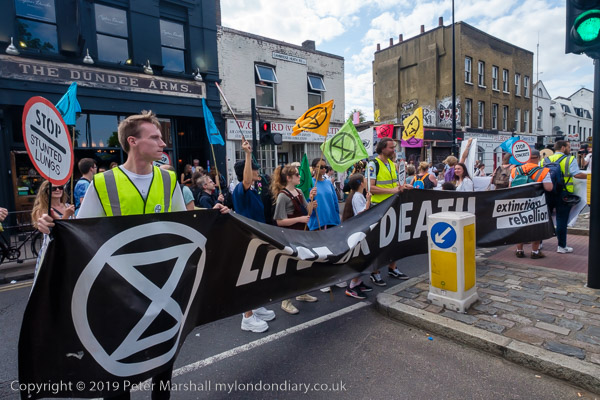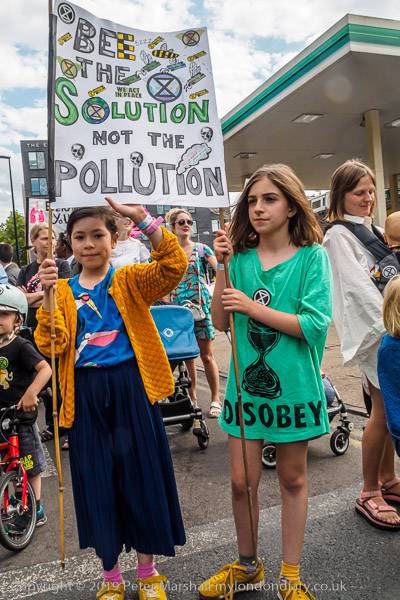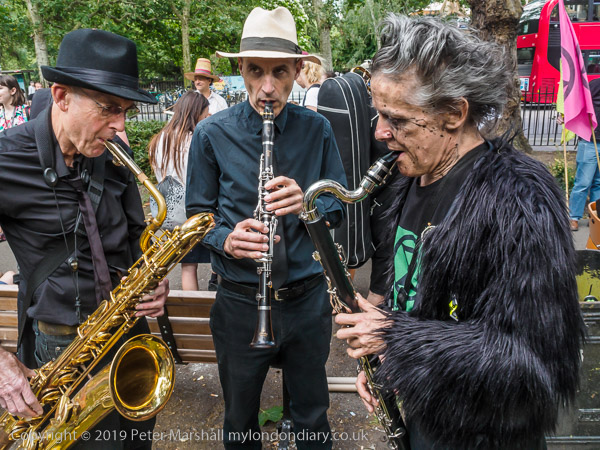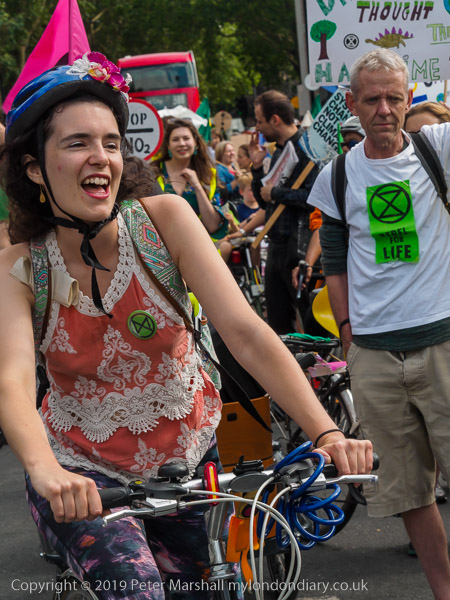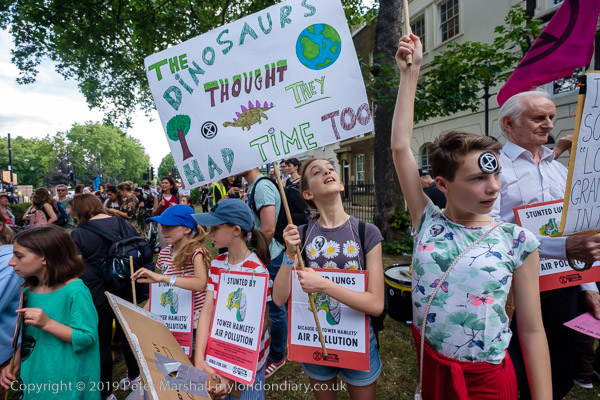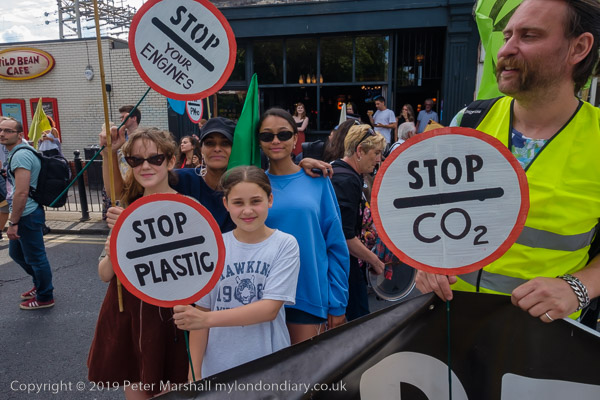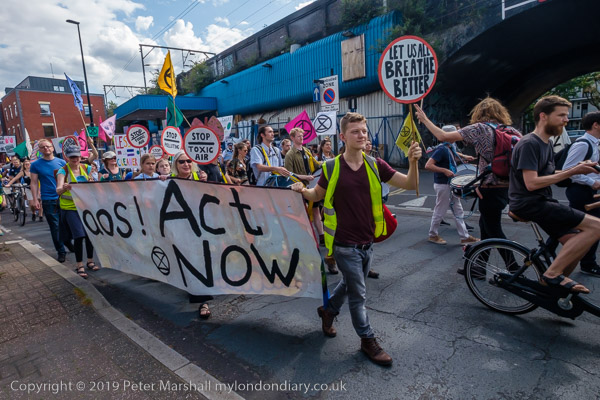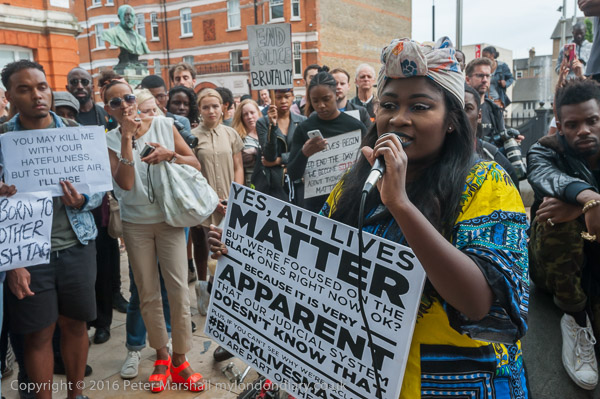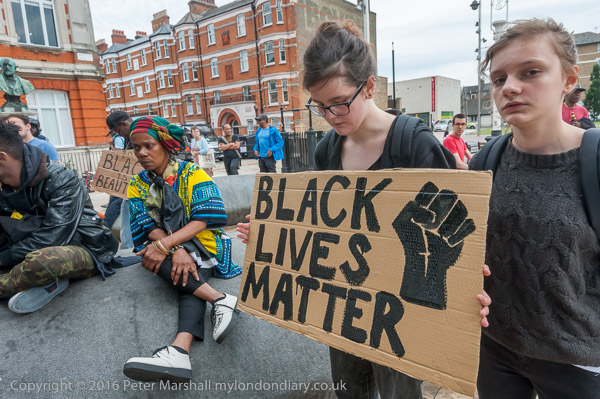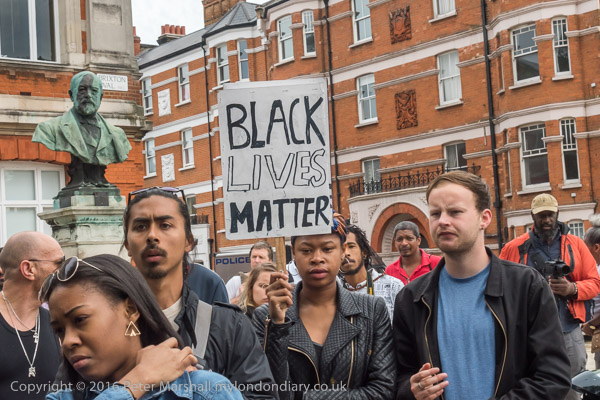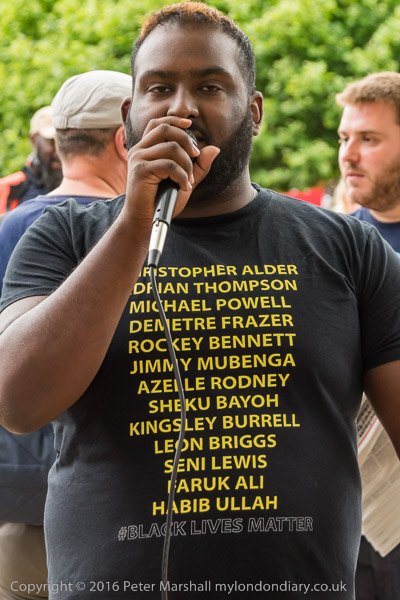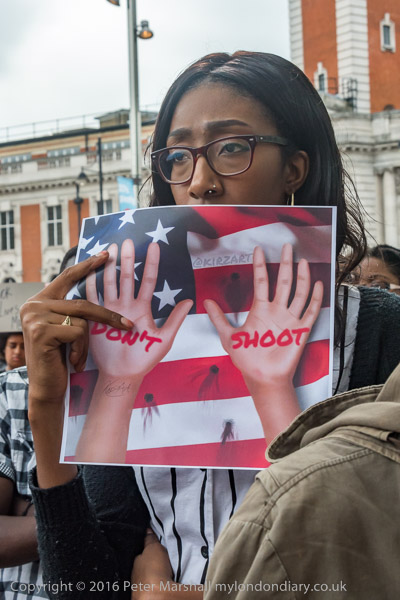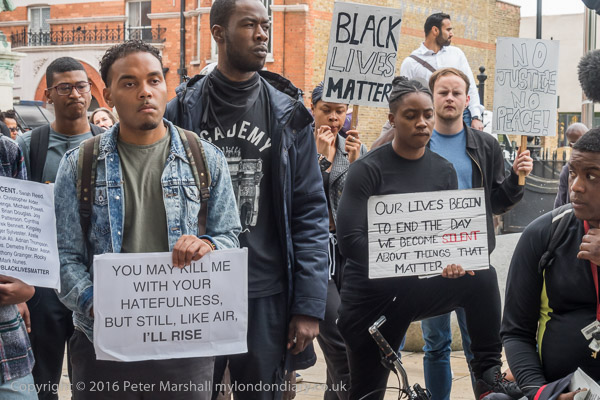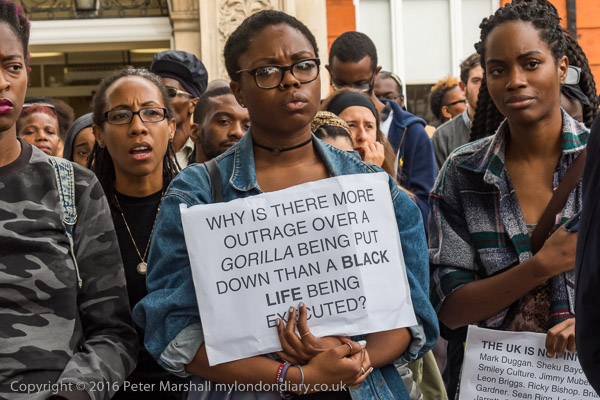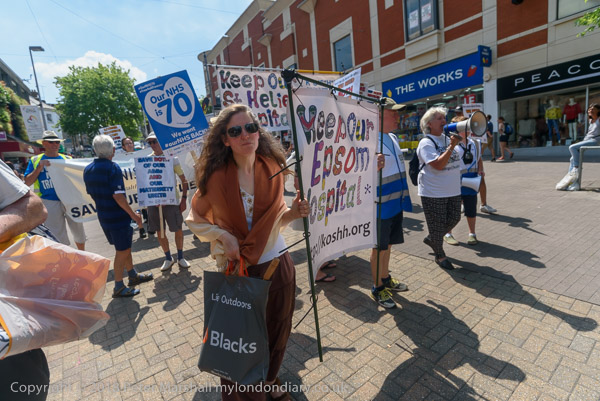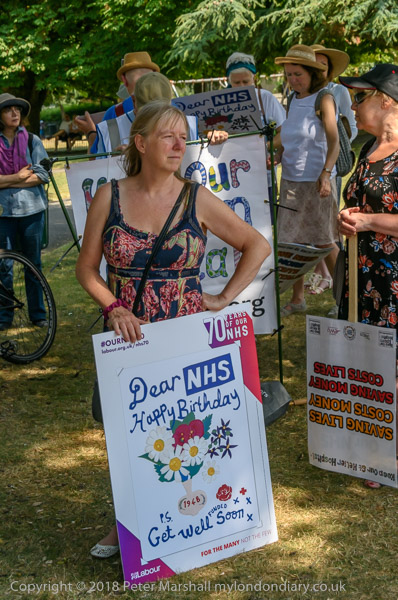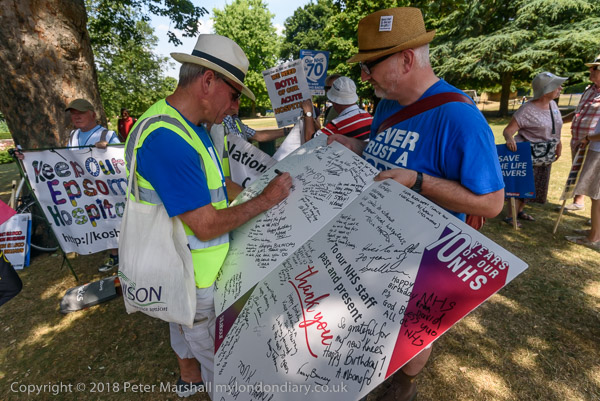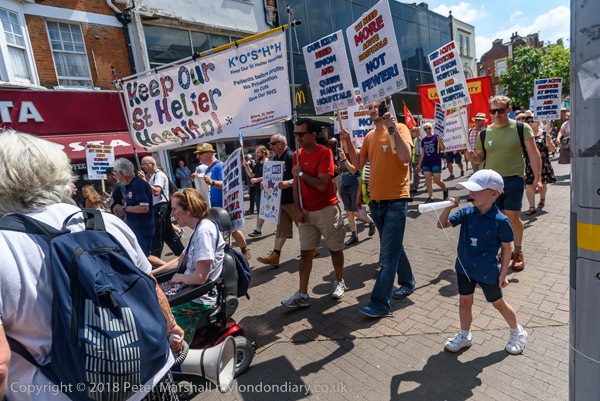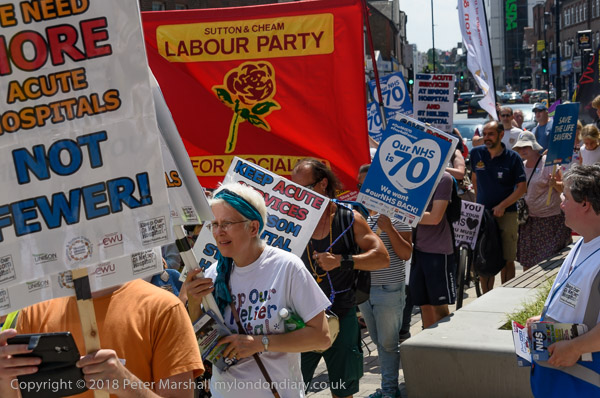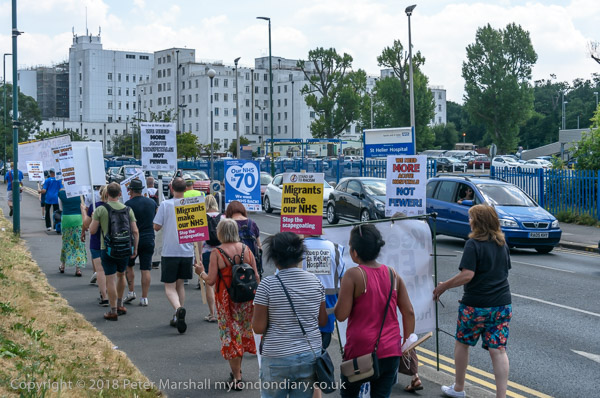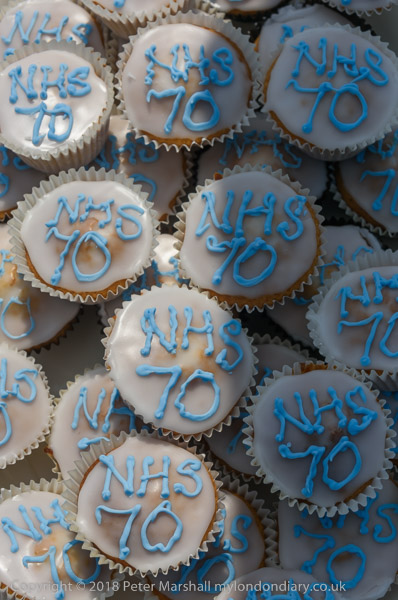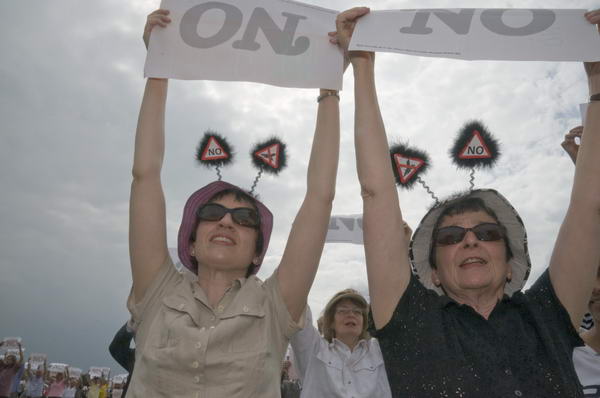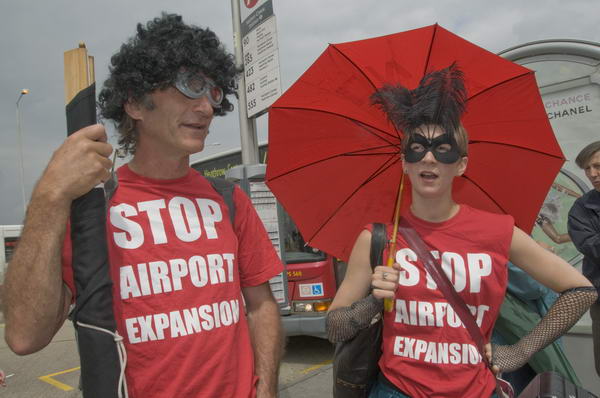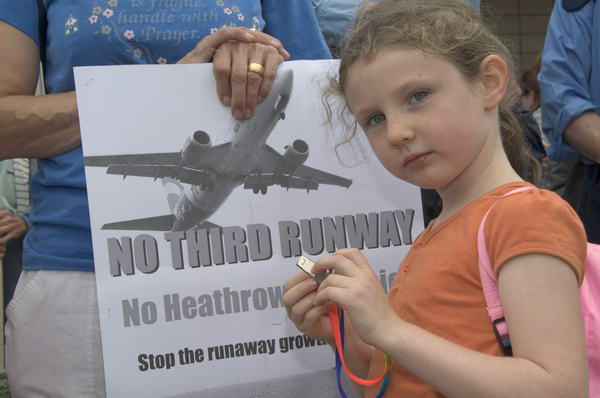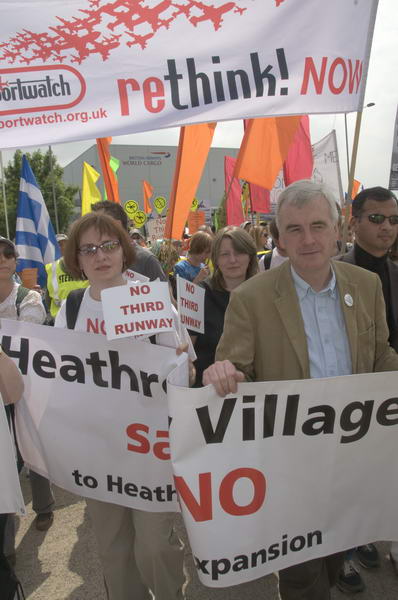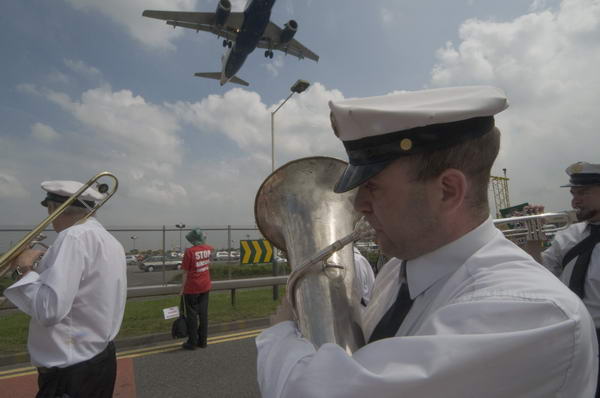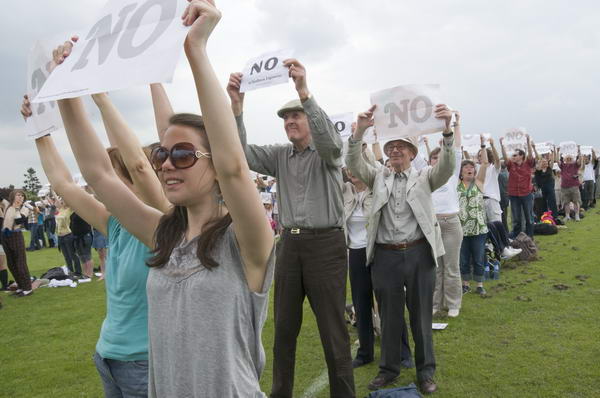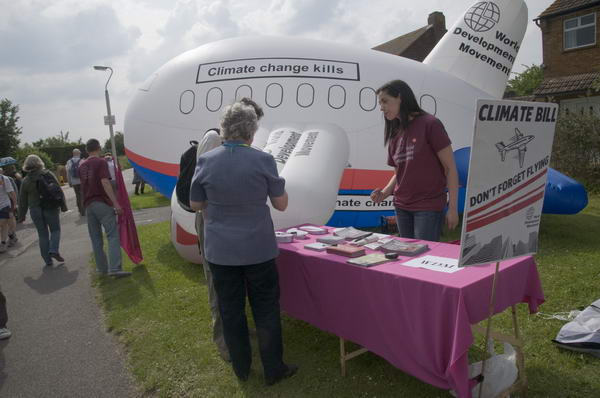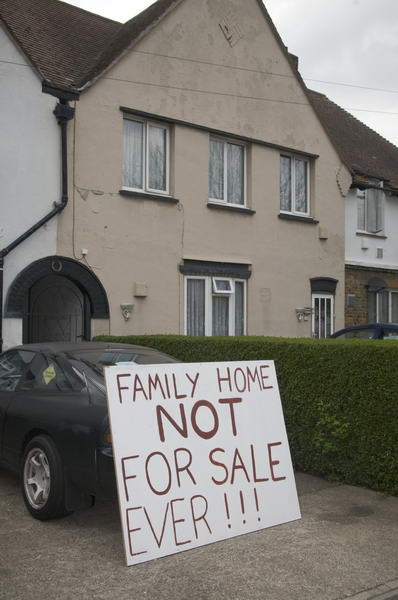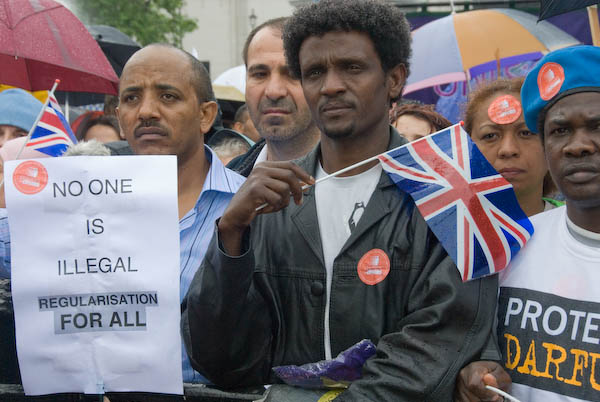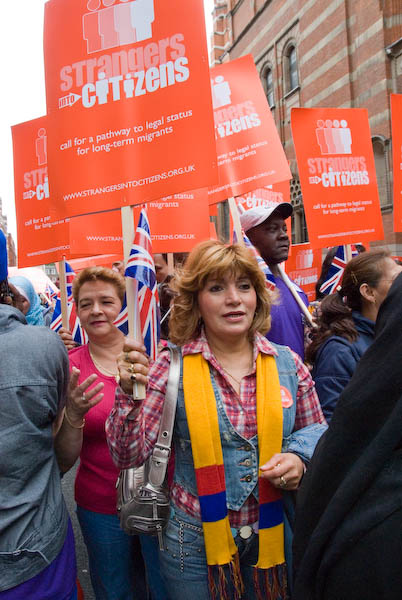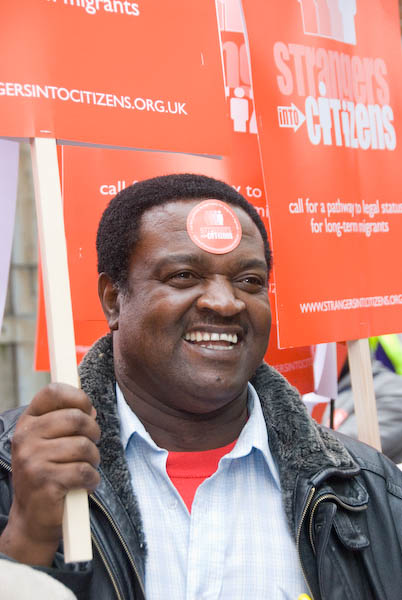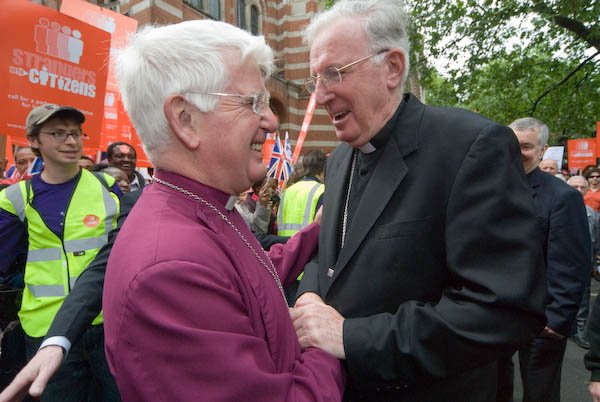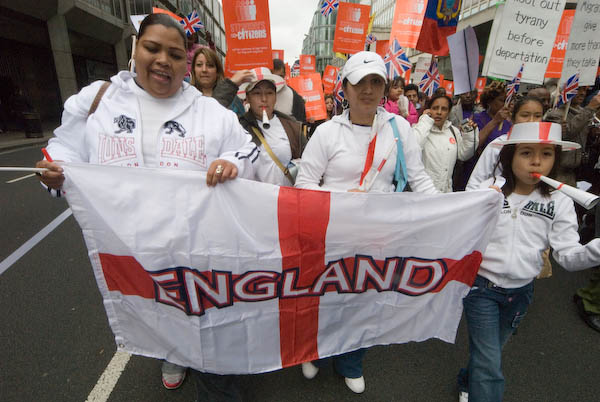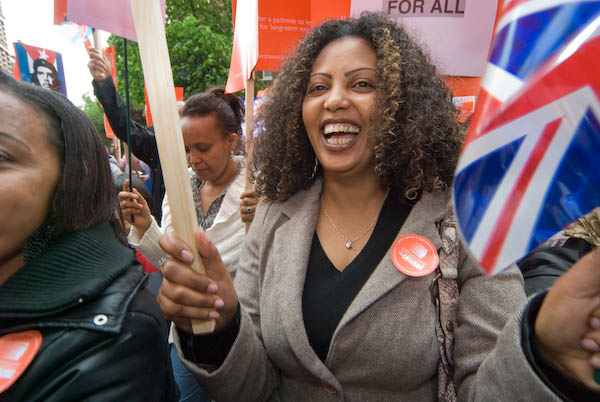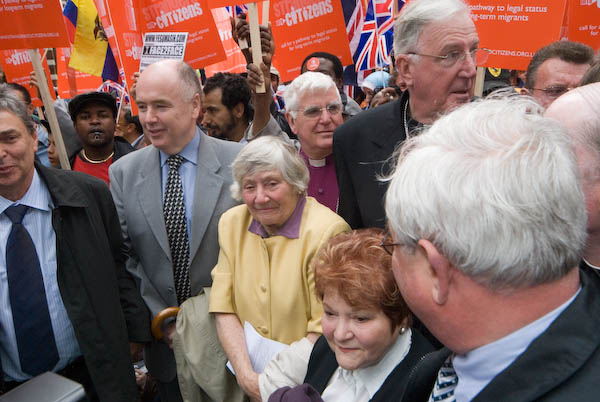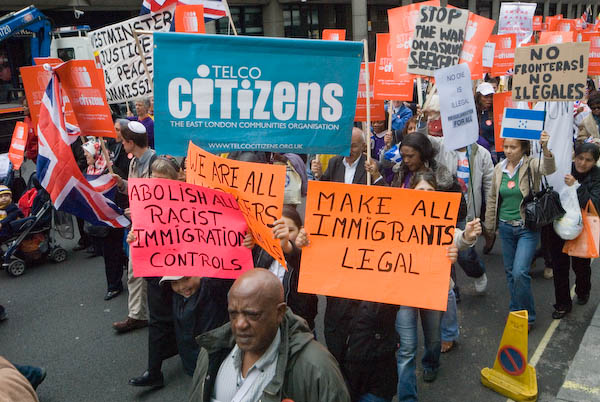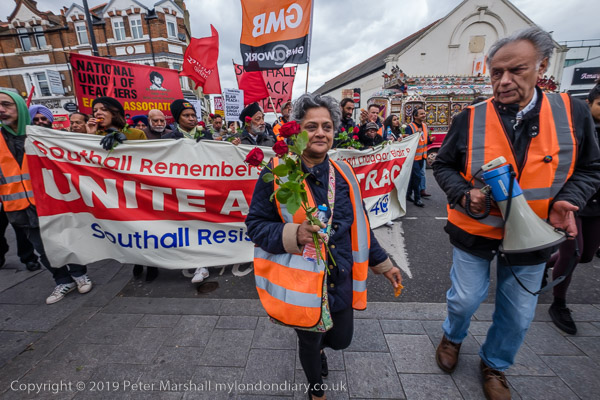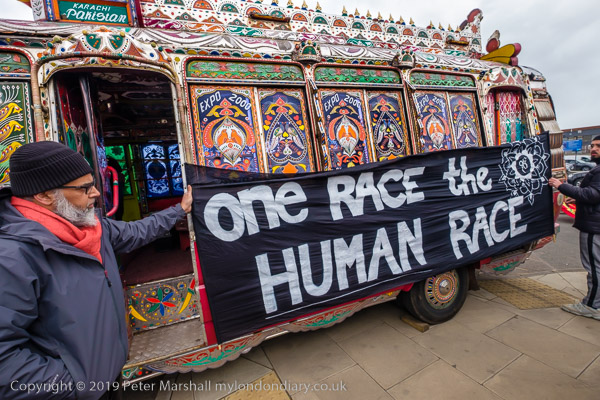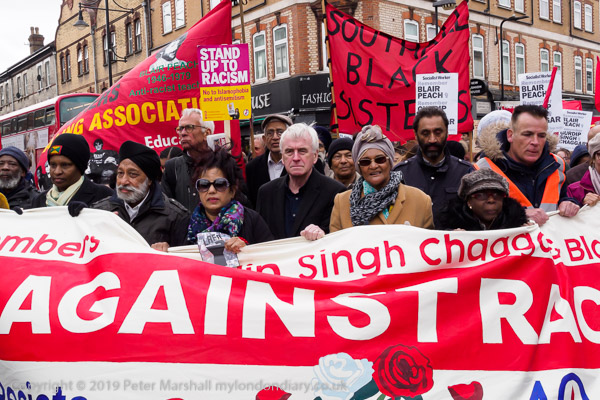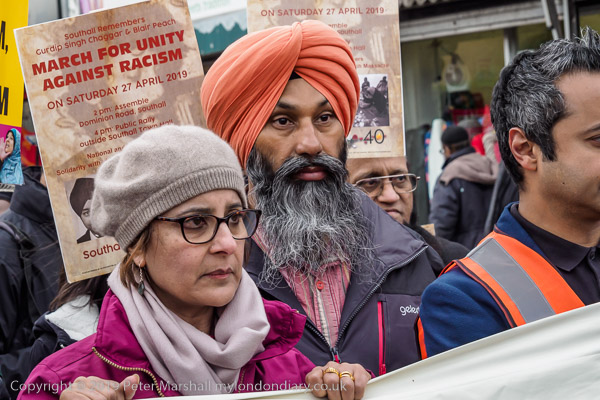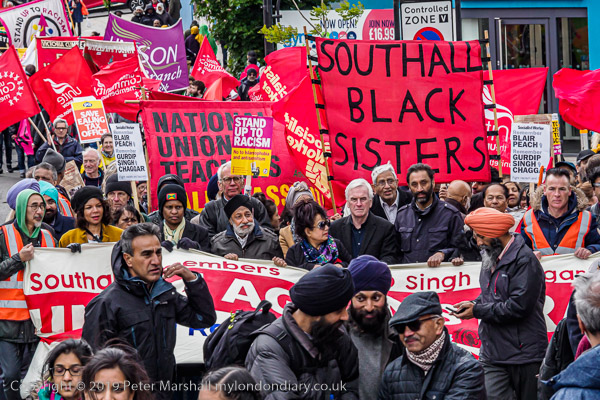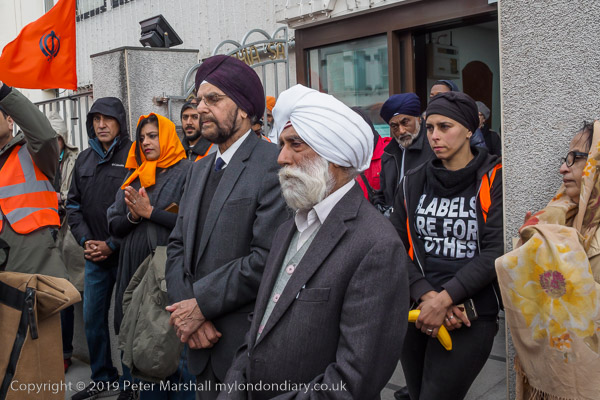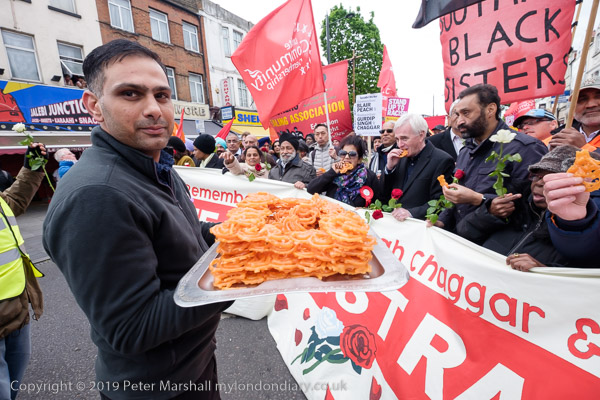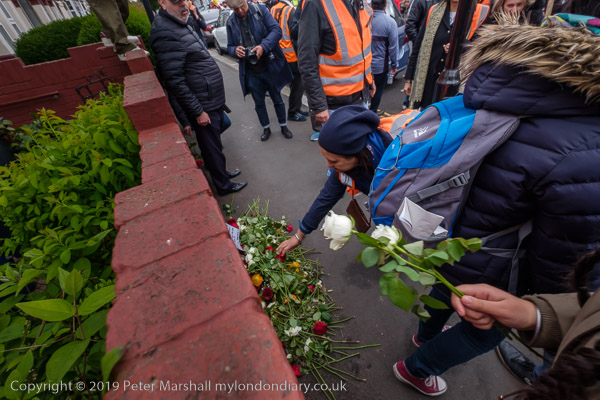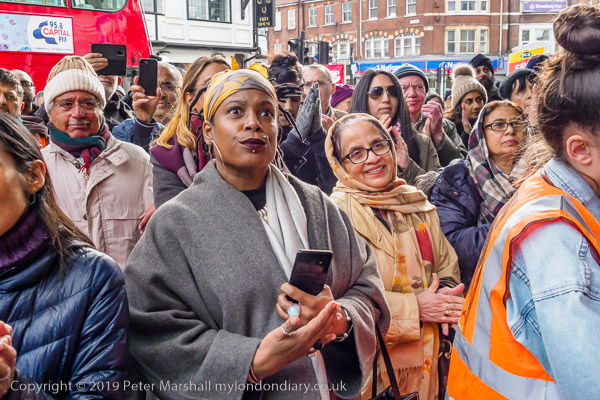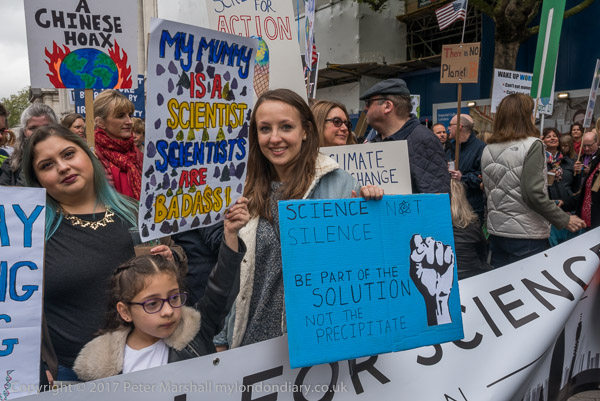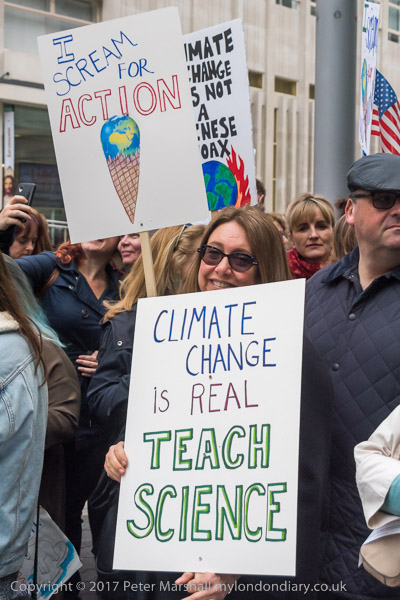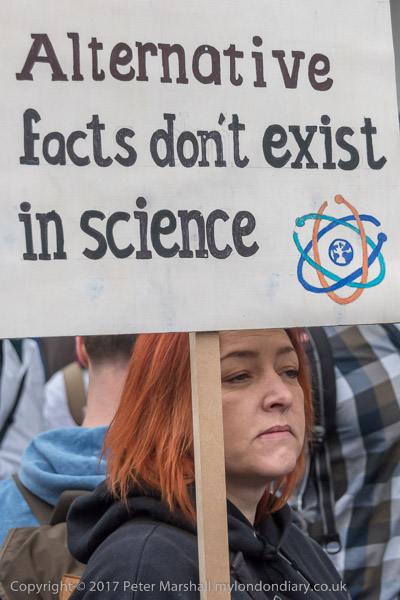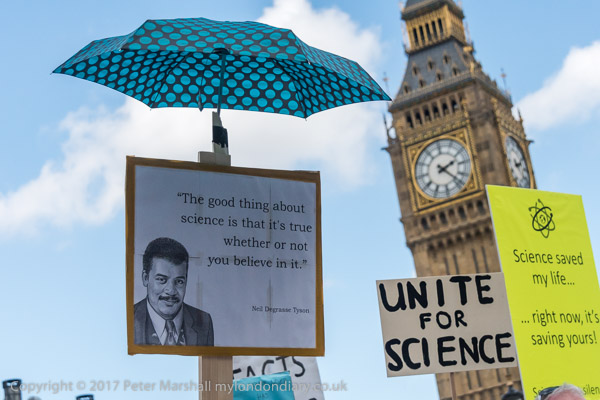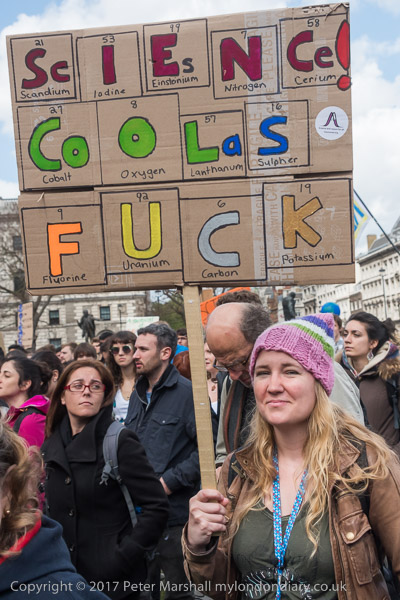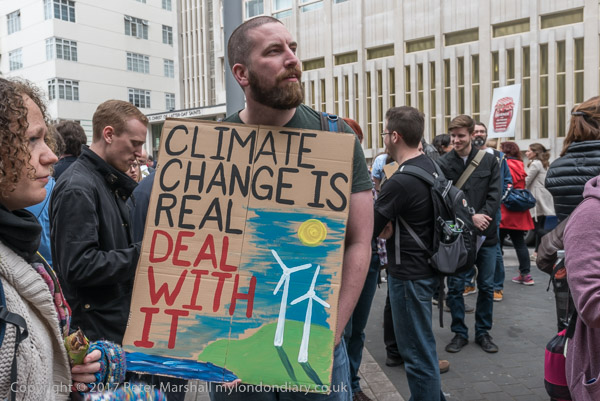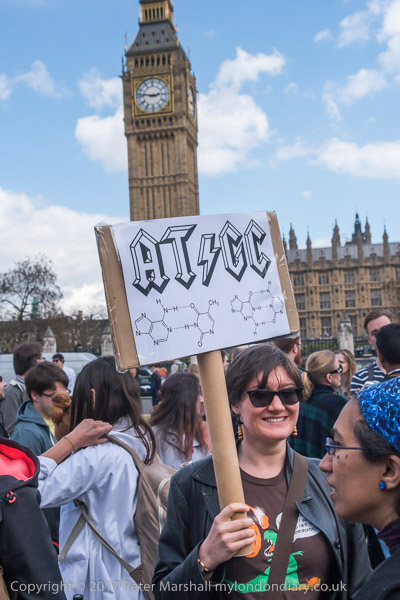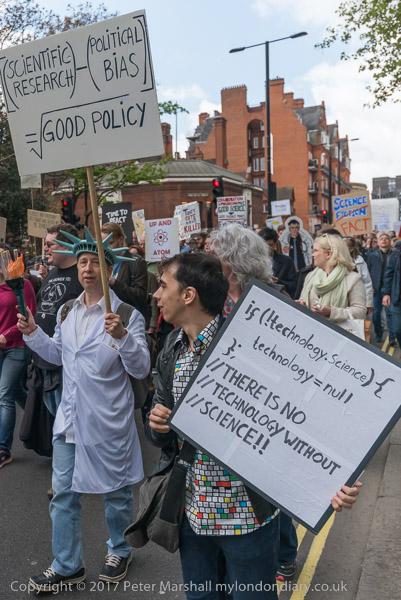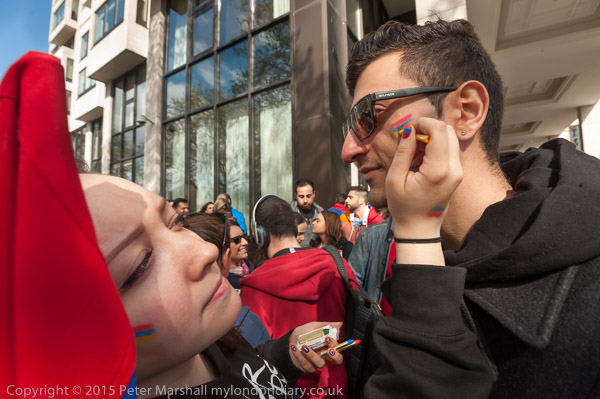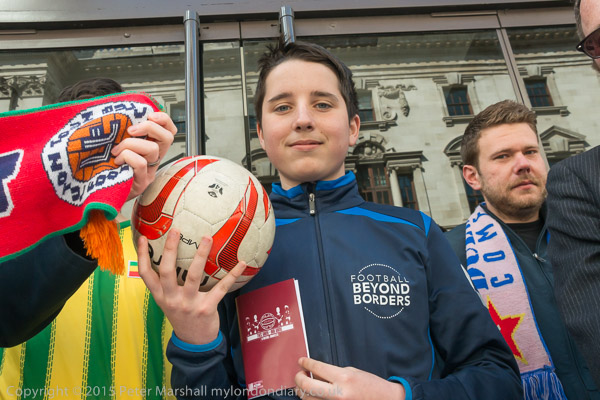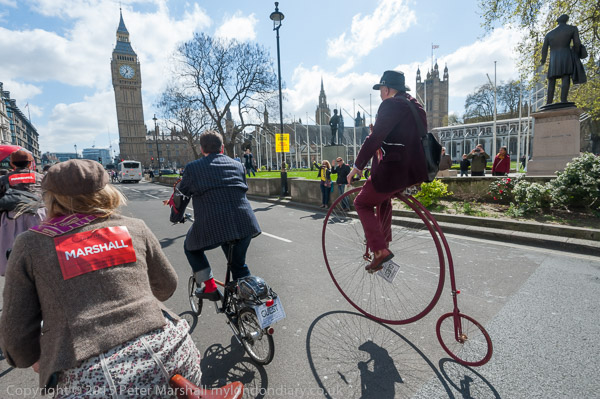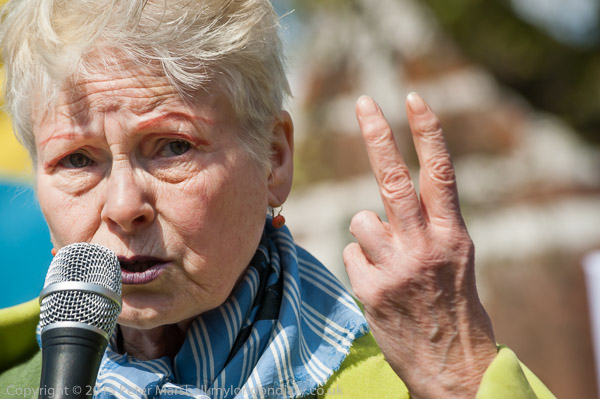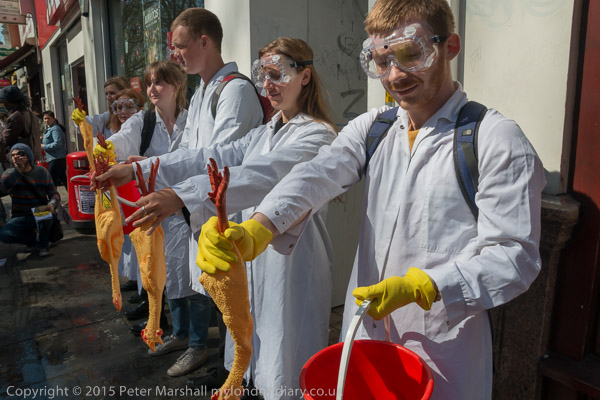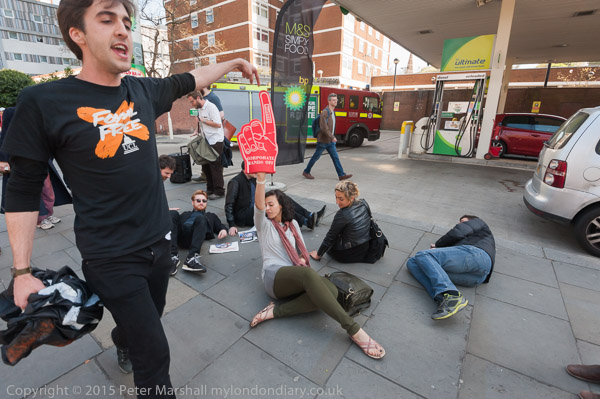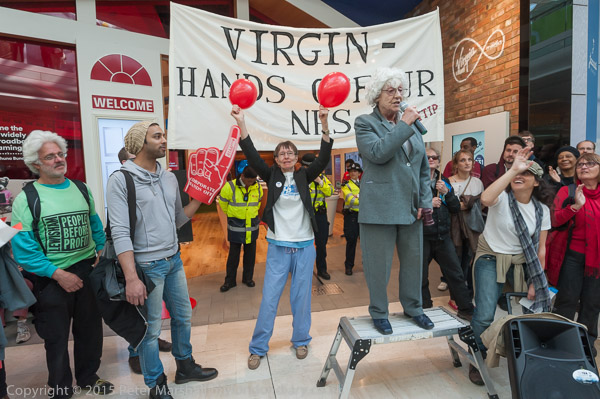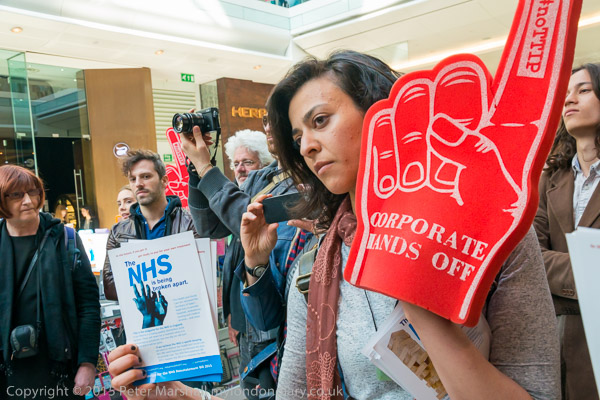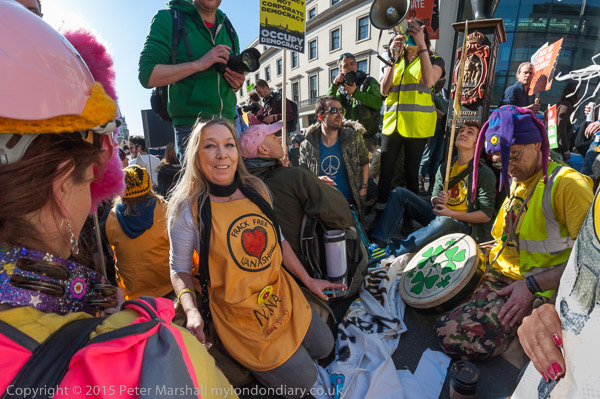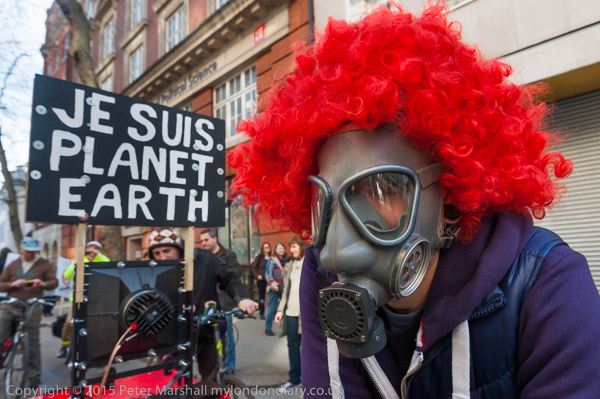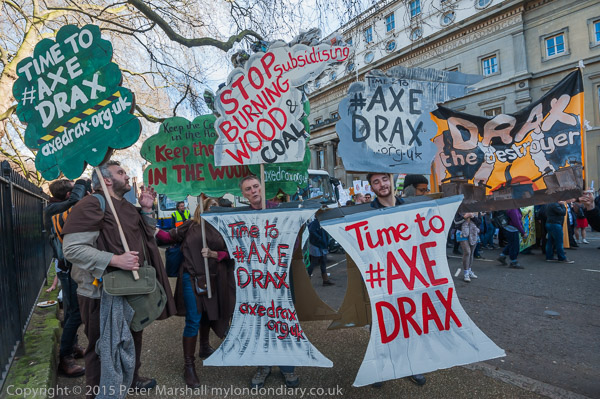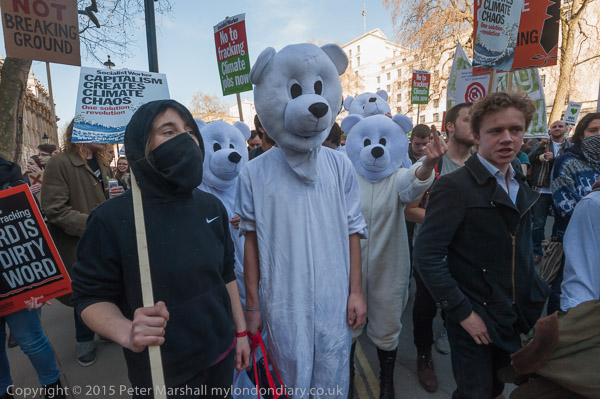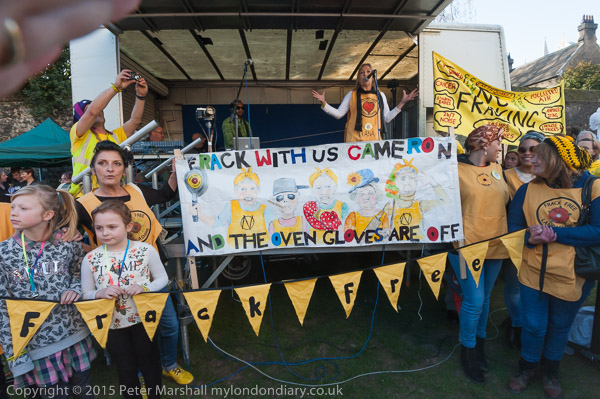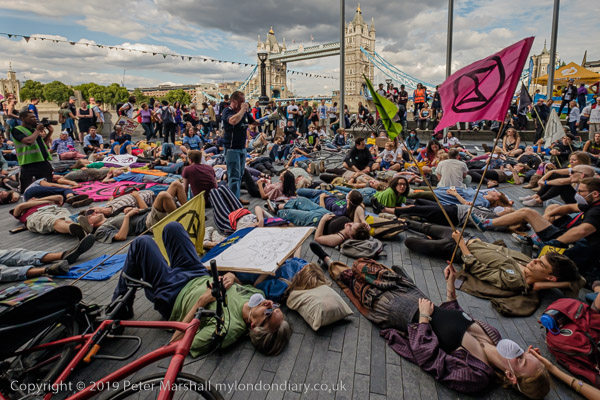
Extinction Rebellion launched their campaign for a tax strike against the Greater London Authority, withholding the GLA element of their council tax until they abandon projects which will cause environmental degradation and hasten ecological collapse with a protest outside City Hall on Thursday 18th July 2019.
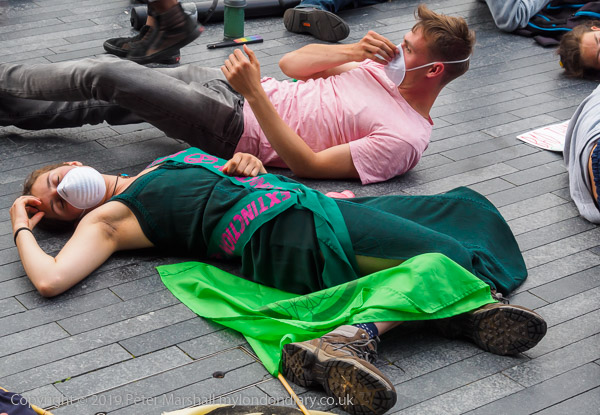
They were particularly concerned about three major GLA projects, the Silvertown tunnel under the Thames, the Bow East concrete plant in Newham, and the Edmonton incinerator in Enfield, and called for a citizen’s assembly to formulate an “Emergency London Plan”, replacing the current 2020 London Plan with sustainable policies on air quality, land development and transport for the City of London and 32 London Boroughs.
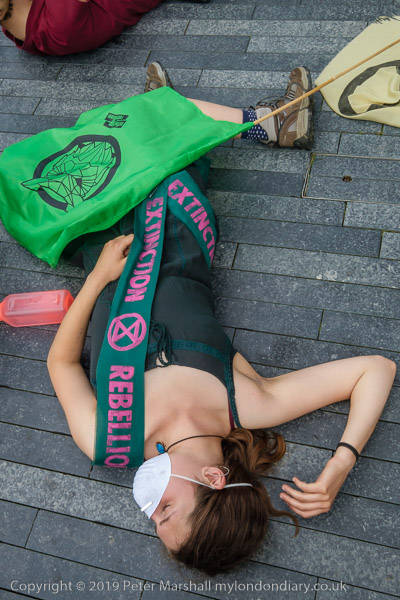
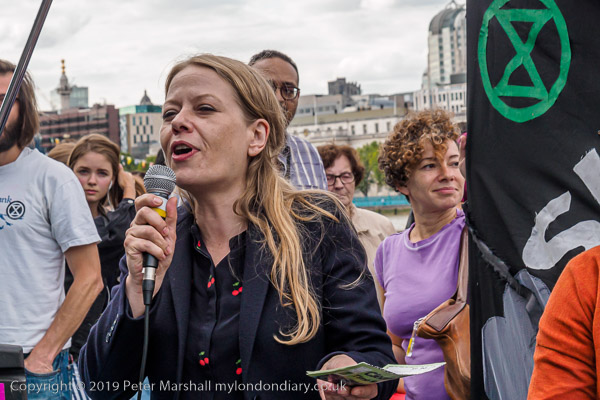
The rebellion called on London residents to withhold the average proportion of their council tax – 22% – which goes to the GLA and to pay that into a special fund which would be used for climate related projects. To have any impact it would have to be supported by large numbers of London council tax payers, and XR set a threshold of 2,700 for it to go ahead – needing the support of around 15% of their London members.
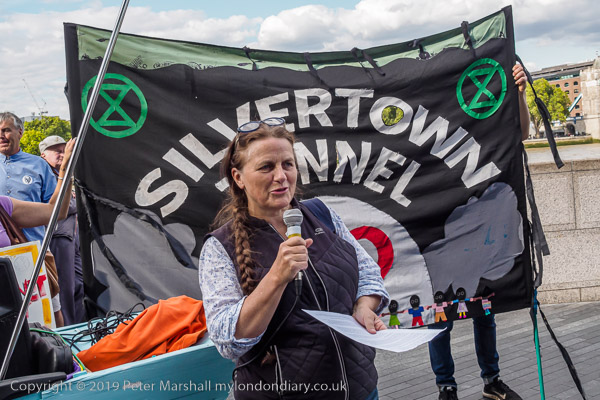
Although some other XR actions involving tax are proceeding, I’ve been unable to find any more announcements about the London Tax rebellion from XR, and suspect that they may not yet have managed to sign up enough supporters for this action which is no longer listed on the on-line platform which was being used to carry the forms concerned.
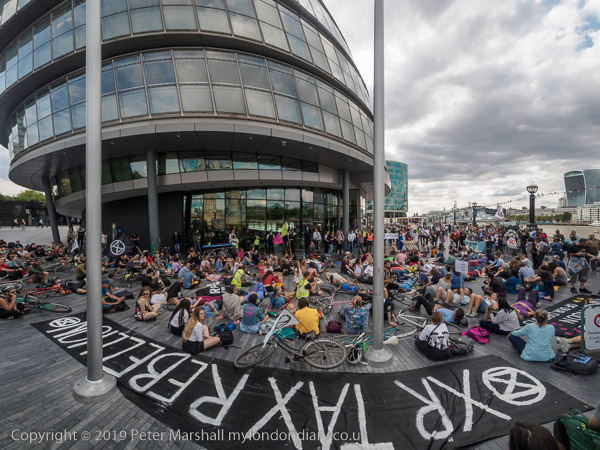
Possibly the reluctance to take part may have been influenced by the change in policy towards those arrested for minor offences at XR protests. Normally only a fairly small fraction of those arrested are actually charged and brought to court, but political pressure from Home Secretary Priti Patel, who called XR criminals threatening the “UK way of life” has resulted in almost 100% of those arrested during the 2019 protests being brought to court. There is now a very long back-log of cases awaiting trial.
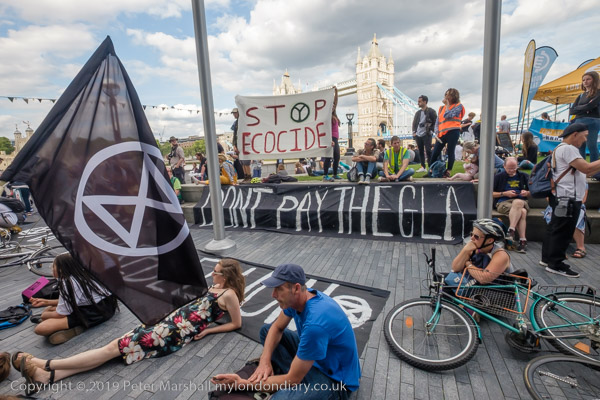
Many more pictures at XR London Tax rebellion.
All photographs on this and my other sites, unless otherwise stated, are taken by and copyright of Peter Marshall, and are available for reproduction or can be bought as prints.

